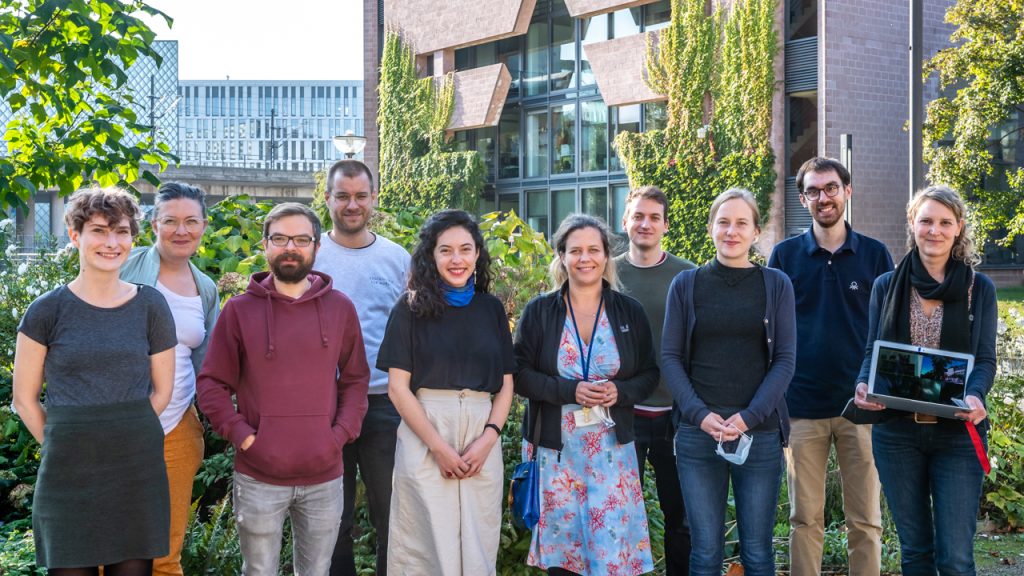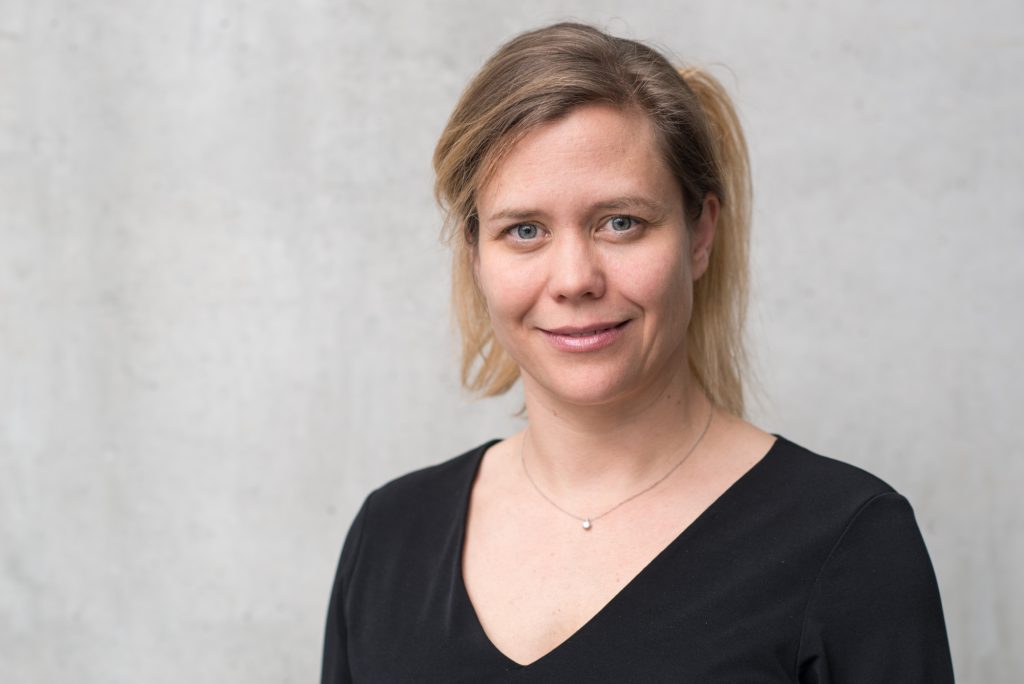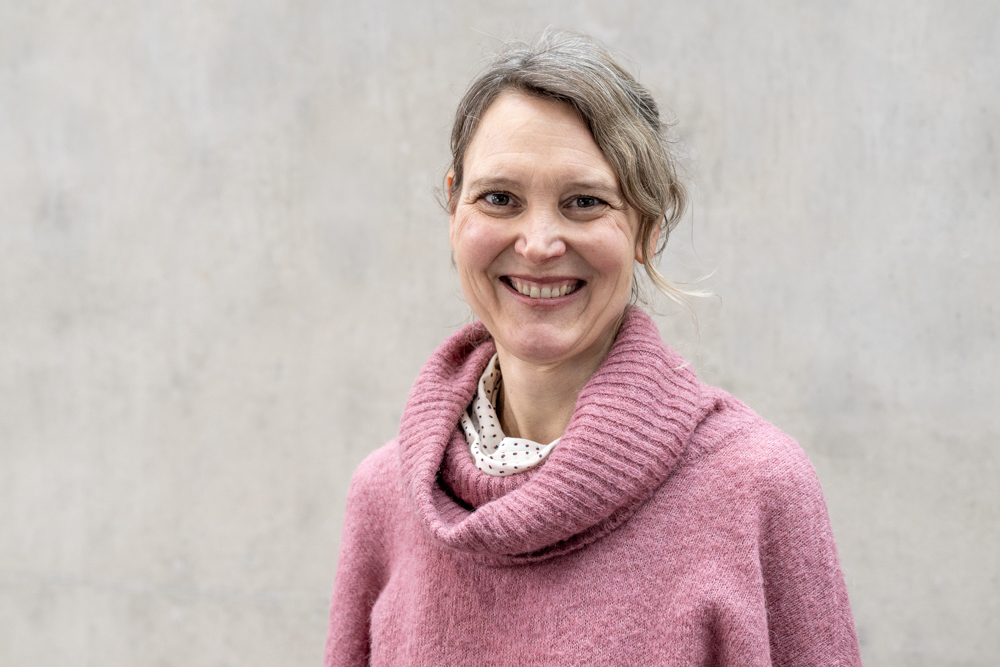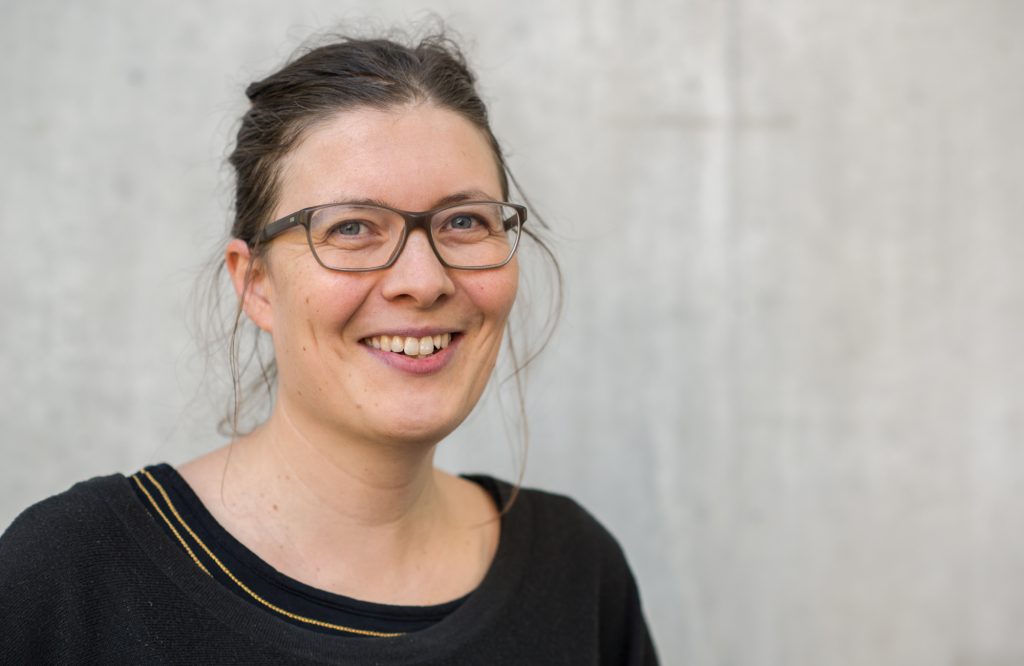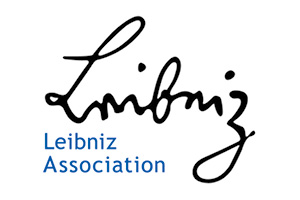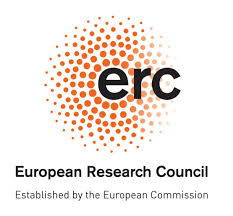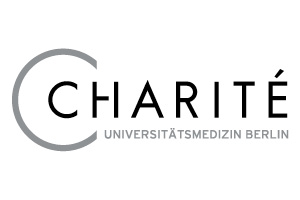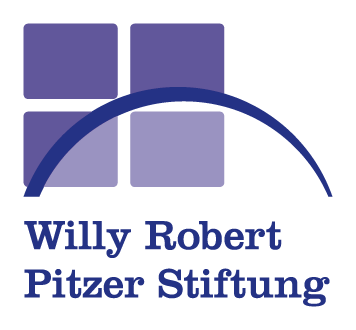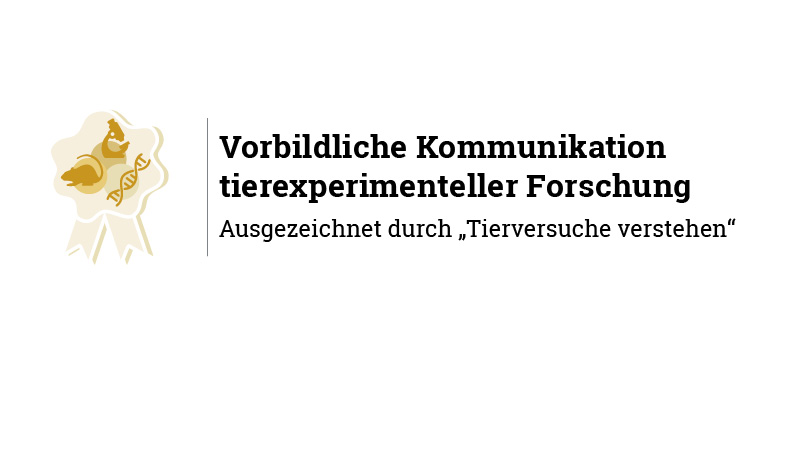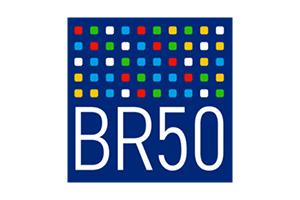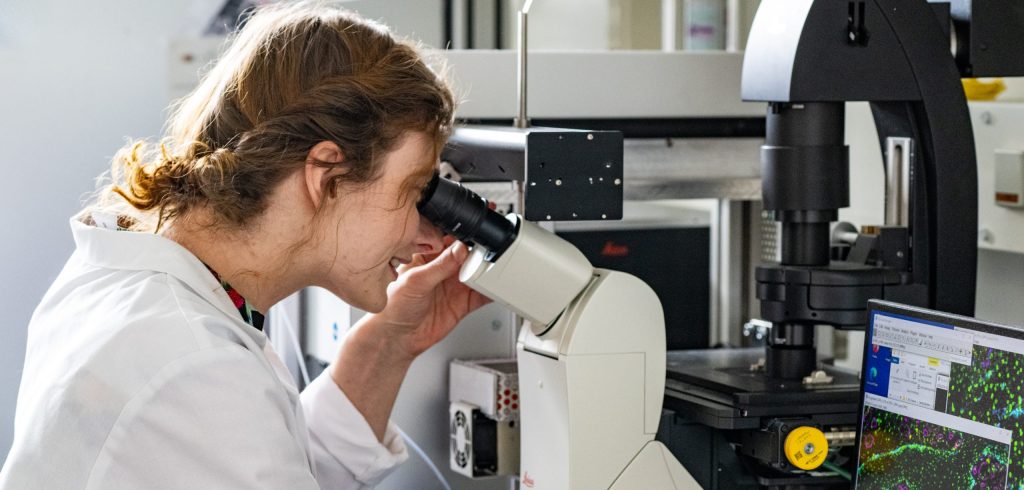
Comprehensive training for young scientists at the DRFZ
The DRFZ offers comprehensive training for young scientists to provide them with an understanding of scientific concepts, proficiency in state-of-the-art technologies, and the ability to develop their own scientific projects. The doctoral students can be members of the Graduate School of the DRFZ Leibniz Graduate School on Chronic Inflammation (LeGCI) or other related graduate programs.
There are more than 100 doctoral students working in the research groups at the DRFZ.
Many of them are members of the DRFZ’s graduate program Leibniz Graduate School on Chronic Inflammation (LeGCI), or another cooperating doctoral program.
In order to ensure a high quality of supervision, the doctoral candidates conclude a supervision agreement. Each doctoral candidate is supervised by a Thesis Advisory Committee consisting of at least three experienced scientists for the entire duration of the doctoral thesis.
Leibniz Graduate School on Chronic Inflammation
About LeGCI
Supervision
Each doctoral student completes a Supervision Agreement with at least three experiences scientists. Regular meetings with the Advisory Committee ensure an optimal professional support.
Curriculum
The additional curriculum includes seminars and lectures on immunology and chronic inflammation research, courses and workshops to improve the scientific and personal skills and activities to foster research collaborations and personal networks.
Credit point system
The credit point system of LeGCI follows the European Credit Transfer System (ECTS).
Study Record Book
Each doctoral researcher documents the activities in a Study Record Book (see below for link).
LeGCI contact persons
Doctorate at a Berlin university
In Germany, only universities can award doctoral degrees. As a non-university research institution, the DRFZ is not entitled to award doctoral degrees, but it enables doctoral candidates to complete a doctoral thesis. In addition, doctoral candidates must apply for admission to a university to obtain a doctoral degree.
Which degrees (relevant to doctoral candidates at the DRFZ) can be obtained at which university in Berlin?
Charité – Universitätsmedizin Berlin
Standard Track: Dr. med and Dr. rer. Medic
Advanced Track: PhD and MD/PhD (only within the framework of a doctoral program or admission to advanced track of the Charité; “Doctorate by monograph“ only as an exception; Dissertation in English)
Further information: https://promotion.charite.de/promotionsverfahren
Technische Universität Berlin, Faculty III – Process Sciences
Dr. rer. nat. and Dr.-Ing.
Further information: https://www.tu.berlin/en/fakultaet3/research/doctorate
Freie Universität Berlin, Department of Biology, Chemistry, Pharmacy
Dr. rer. nat. and Ph.D. (within the framework of a doctoral program)
Further information: https://www.bcp.fu-berlin.de/en/graduiertenzentrum/promovierende/index.html
Freie Universität Berlin, School of Veterinary Medicine
Dr. rer. nat., Ph.D. (within the framework of a doctoral program) and Dr. rer. vet.
Further information: https://www.vetmed.fu-berlin.de/service/fachbereichsverwaltung/promotions-habilitationsbuero/index.html
Humboldt-Universität zu Berlin, Faculty of Life Sciences, Dept. of Biology
Dr. rer. nat. and Ph.D.
Further information: https://fakultaeten.hu-berlin.de/en/lewi-en/scientific/gradcentre/graduatecentre
Which university to enroll at? Which track to choose? Who to choose as (co-) supervisor?
The doctoral regulations of the individual universities and faculties vary in several aspects: in addition to the designation of the doctoral degrees, there are, for example, different provisions regarding the timing of enrollment, the composition of the supervisory and review committee, the dissertation (monograph or cumulative dissertation), and the procedure for the disputation. Therefore, it should be decided as early as possible at the beginning of the doctoral program at which university/faculty the doctorate is to be completed.
The doctoral candidates of the DRFZ are enrolled at all of the universities/faculties listed above. To make the best choice…
… use the structures available at the DRFZ: the DRFZ doctoral candidate network, your group leader, and — for doctoral candidates in the LeGCI program—the LeGCI Steering Committee.
… study the relevant doctoral regulations. If you still have questions or new ones arise, the contact persons at the doctoral offices will be happy to help.
